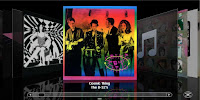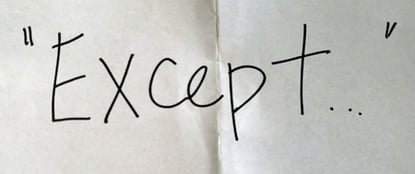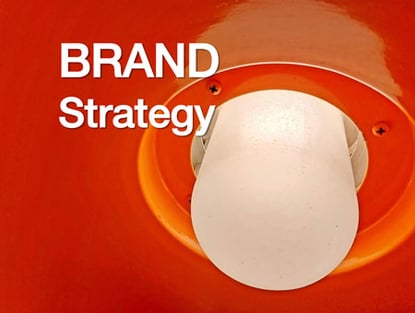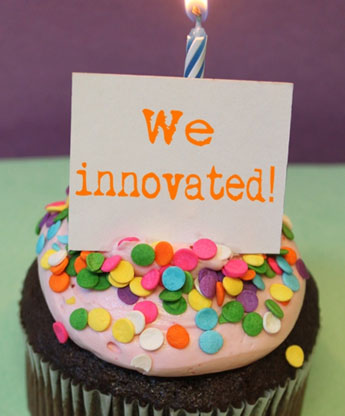 Experts are everywhere so in unfamiliar situations look for them to help you perform better. How to spot them?
Experts are everywhere so in unfamiliar situations look for them to help you perform better. How to spot them?
- Focus on people displaying multi-dimensional talents or responsibilities
- Observe who others go to with questions – irrespective of formal title or position
- Watch for people who look as if they know what they’re doing
- Pick out those who appear to informally take charge
Setting up wedding reception music the night before my niece's wedding ceremony in Denver, Chris was clearly the expert. Though never sure of his official title, he was a wealth of information about the hotel sound system, the reception set up, and how long the event would last and wind down. He predicted that after 4 hours there would be 15 people left; the next day, 3 hours and 50 minutes into the reception, there 16 people remaining. Chris knew what he was talking about!
Another advantage of finding experts is that it’s fun to push them to tap their knowledge to devise innovative approaches.
The wedding was on the hotel’s patio, and that morning Nate (my nephew) and I were still determining how to get enough volume through our small speakers. There were, however, four speakers outside playing house music. While Chris wasn’t available, Warren, who had cleared our table at breakfast (see the bullet about multi-dimensional responsibilities), was. I explained what we hoped to accomplish, showed him a hidden audio jack on the wall, and within 15 minutes, we were playing the ceremony music through the speakers. The hotel had never done this before, but now plans to make this available for future events.
The key was being open, willing to learn, and allowing ourselves to be seen as knowledgeable but uncertain. That’s when an expert will almost always go out of his or her way to come up with an ingenious solution. So remember, look for telltale signs of expertise to help you get smarter when you need it most.
Valerie



